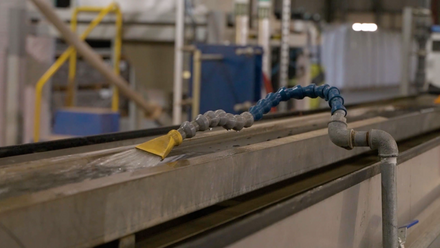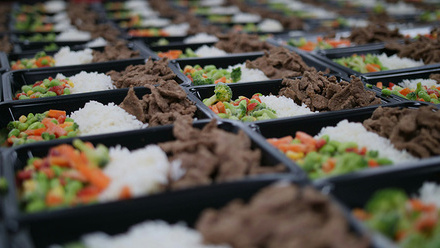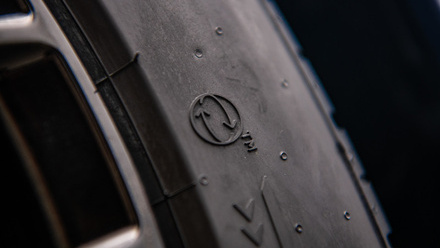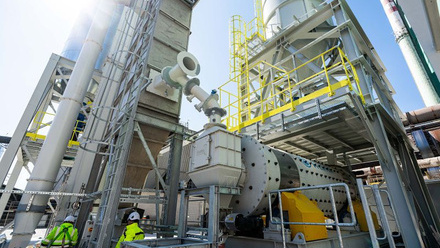Recycling proof of concept to close the loop on digitally printed pouches
Key industry players have joined forces to recycle PE-based barrier pouches into new high-quality pouches suitable for repeat recycling.
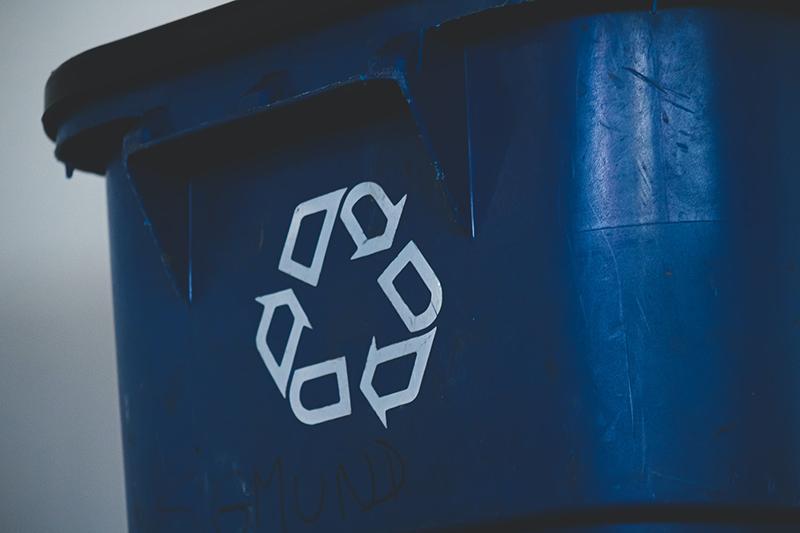
Dow Packaging and Specialty Plastics, together with HP Indigo, Reifenhauser, Cadel Deinking and Karlville, have delivered of the first-of-its-kind pouch-to-pouch mechanical recycling concept.
The approach uses a multi-stage process, starting with a polyethylene (PE)-based barrier food pouch designed for recyclability, the project team have used mechanical recycling and deinking to create a high-quality dishwasher MOO-PE 1 pouch containing 30% recycled content and being itself suitable for recycling.
In a next step, the team is working on a digital product passport pilot to allow for recycling-relevant packaging properties to be recorded and to make the pouch identifiable for high-quality recycling in post-consumer waste management.
'The requirements for plastic packaging products have never been more complex than today.’ says Ralf Wiechmann, Head of Film Innovation at Reifenhauser. The company has modified and enhanced its production lines to enable films and packages to meet demand for recyclable packaging based on mono-material structures.
‘For this project we've broadened our machinery expertise to co-extrude the new resins on our highly flexible EVO 9-layer blown film line and produce PE-based packaging films at fast line speeds. This project shows that we can successfully both produce recyclable packaging, according to Recyclass and CEFLEX guidelines, and use recycled materials in high value applications if we collaborate effectively along the value chain.’
‘To create the new pouch, HP reverse-printed the recyclable MOO-PE film on the HP Indigo 25K Digital Press with the dishwasher pouch artwork to have it ready for lamination to the film using recycled resins at Dow's Pack Studios,’ explains ltai Shifriss, Head of Indigo Business Supplies at HP.
Laura Evangelio, senior technical service and development specialist at Dow Packaging & Specialty Plastics described Dow’s role, ‘The first PE-rich pouch was designed for recyclability with up to 5% EVOH in the total structure for barrier functionality, and [our] resins provided a remarkable stiffness-toughness balance, lowtemperature sealability, adhesion to extruded barrier layers and excellent bubble stability. For the second PE-based pouch we used a high-performing solventless adhesive to enable the lamination of the MOO-PE film to the PE-film containing recycled resins from the first pouch. The project is not only a triumph in our industry's sustainability efforts but a true example of focused scientific teamwork.’
To produce the recycled PE resins for the second pouch, deinking technology was used. This effectively removes ink from the plastic surface to obtain a plastic with similar characteristics to the raw virgin material which helps to provide high-quality pouch-topouch recycling.
As a further evolution of the project, the companies are working to add digital traceability to the pouches in line with the R-Cycle initiative, a cross-company initiative to develop an open and globally applicable traceability standard for sustainable plastic packaging. The aim of this initiative is to automatically record recycling-relevant packaging properties during production by providing a digital product passport and to pass them on through the value chain. Using special markings, packaging can be identified in the recycling process and sorted into single-type fractions. This is the key to obtaining high-quality recyclates to continue efforts to close the loop. R-Cycle is being driven by several major stakeholders in the plastics industry.



